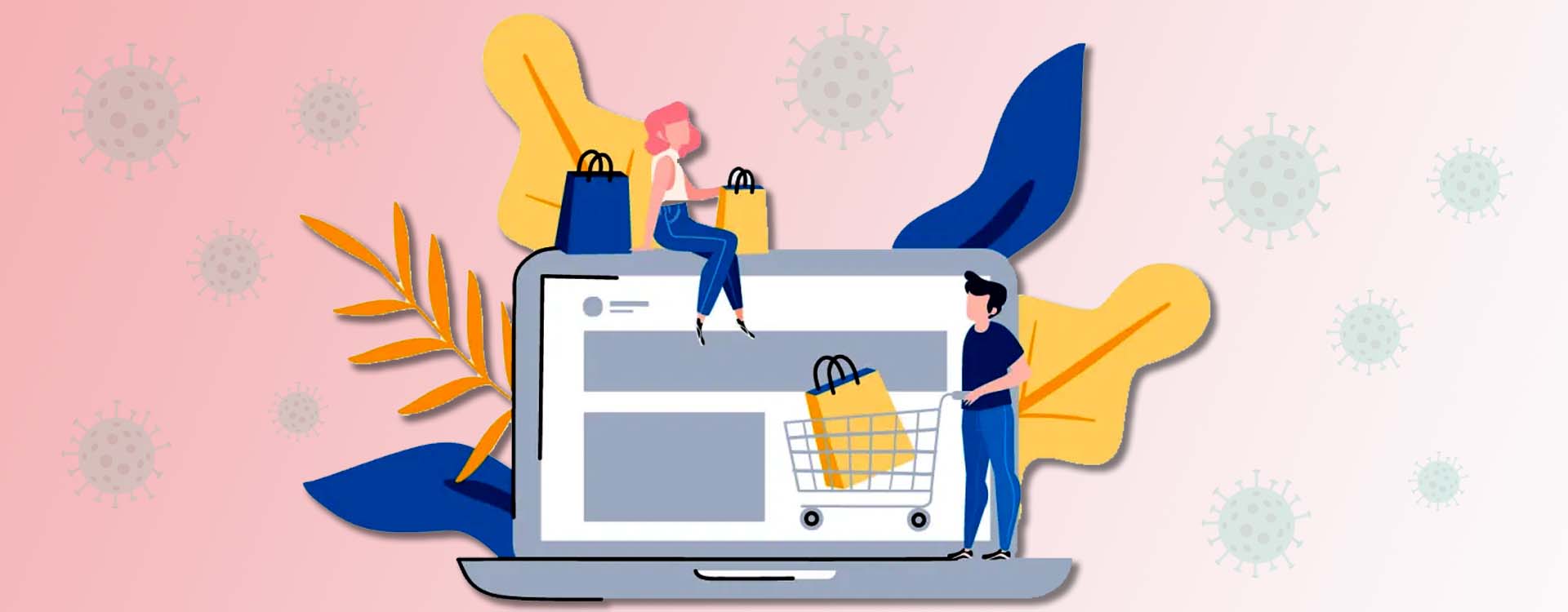The FMCG sector’s growth largely thrives on offline channels – Kirana and retail stores that are now plagued by supply chain disruptions and limited operating hours. According to a report from retail intelligence platform Bizom, Indian retailers suffered a 71 percent contraction in demand with zero orders received from 95 percent of outlets during the first- week of nationwide lockdown last year. Witnessing the shrinkage of demand in the first lockdown itself, one can fathom that the restrictions in the second wave are severely affecting offline channels that are supposedly becoming a death knell for FMCG behemoths.
Other than the conventional wholesaler/distributor- retail-consumer channel, FMCG brands are foraying into ‘brick and clicks’ or precisely the D2C channel by launching their independent apps. It will enable the FMCG sector to distribute products directly from its manufacturing facility to customers.
D2C approach – A Boon for FMCG
The pandemic has given impetus to online buying, a trend that is likely to continue. Riding on this trend, the FMCG companies are increasing their digital capabilities by hopping on to the D2C bandwagon establishing a direct connection with the consumers. Consumers today are seeking seamless experience and personalisation in shopping, the presence in direct selling channels will help FMCG companies gather shopping insights, leveraging which brands can tap directly into the consumer’s moment of consumption with the right product at the right time. It will also enable better inventory utilisation and logistics management.
‘‘
According to a report from retail intelligence platform Bizom, Indian retailers suffered a 71 percent contraction in demand with zero orders received from 95 percent of outlets during the first- week of nationwide lockdown in 2020.
FMCG brands following the D2C suit
Emami since the launch of its D2C platform receives 55000-60000 consumers and is generating revenues worth Rs 2-2.5 crore every month. Through the D2C channel, Emami has accumulated a data pool of 42 lakh consumers that is helping them in discerning new consumer cohorts and launching exclusive products. Marico’s D2C portal ‘Safola Stores’ is catering to the specificity of consumers. People for breakfast options consider eating oats with honey, latching on to this idea Saffola introduced a combo package of its oats and Saffola honey to offer value to consumers.
Besides FMCG vertical, apparel retail chain Shopper’s stop is adopting a similar strategy to launch its 100 exclusive labels and partner labels on its website and app that will not be found either in stores or listed in aggregator apps.
Not just products but services are seeking refuge in D2C as well. Electrical equipment company, Havells India is ramping up its e-store and additionally has been resolving more than of its service issues through video calls or DIY videos on its social media channels. Offering D2C services plays a pivotal role in inducing brand loyalty.
What is in it for Businesses?
In the absence of D2C channels, FMCG businesses would follow long distribution channels and gauge success through product movement. This acted as a blindfold to emerging new consumer trends.
Investing in D2C channels makes brands a step closer to consumers by giving access to data that will reduce reliance on external surveys and help understand the consumer demand drivers on a micro-level, hence benefitting both offline and online channels. Leveraging the data acquired from the D2C channel will aid businesses to acquire more consumers, improve conversions and enhance engagement strategies.




